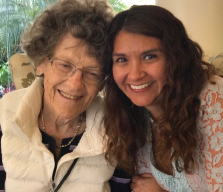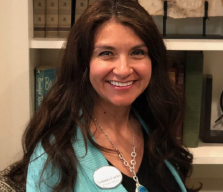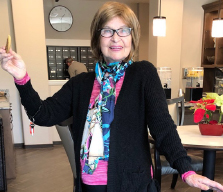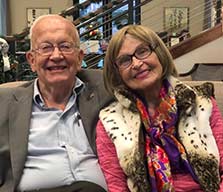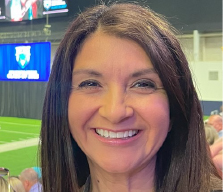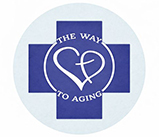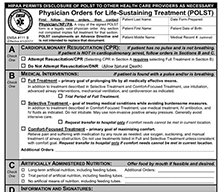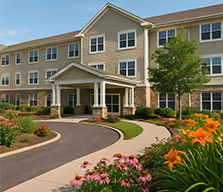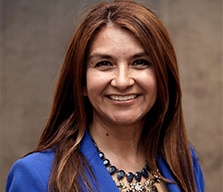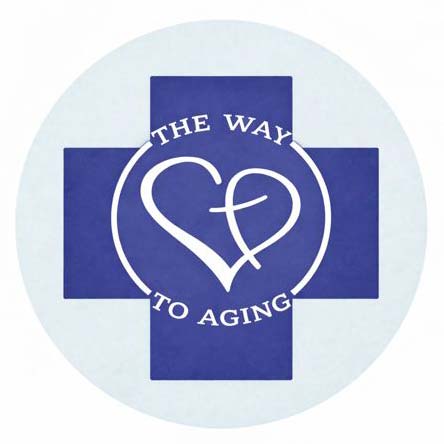Alzheimer’s Help in Rockwall Texas
Alzheimer’s Disease
Call Now 949-278-6181
Alzheimer’s disease is a progressive disorder that causes brain cells to degenerate and die. Alzheimer’s disease is the most common cause of dementia; a continuous decline in thinking, behavioral, and social skills that disrupts a person’s ability to function independently.
The early signs of the disease may be forgetting recent events or conversations. As the disease progresses, a person with Alzheimer’s disease will develop severe memory impairment and lose the ability to carry out everyday tasks.
Current Alzheimer’s disease medications may temporarily improve symptoms or slow the rate of decline. These treatments can sometimes help people with Alzheimer’s disease maximize function and maintain independence for a time. There is no treatment that cures Alzheimer’s disease or alters the disease process in the brain. In advanced stages of the disease, complications from severe loss of brain function — such as dehydration, malnutrition, or infection — result in death.

Symptoms
Memory loss is the key symptom of Alzheimer’s disease. An early sign of the disease is usually difficulty remembering recent events or conversations. As the disease progresses, memory impairments worsen and other symptoms develop.
At first, a person with Alzheimer’s disease may be aware of having difficulty with remembering things and organizing thoughts. A family member or friend may be more likely to notice how the symptoms worsen.
People with Alzheimer’s may:
- Repeat statements and questions over and over.
- Forget conversations, appointments or events, and not remember them later.
- Routinely misplace possessions, often putting them in illogical locations.
- Get lost in familiar places.
- Eventually forget the names of family members and everyday objects.
- Have trouble finding the right words to identify objects, express thoughts or take part in conversations.

Thinking and Reasoning
Alzheimer’s disease causes difficulty concentrating and thinking, especially about abstract concepts such as numbers.
Multitasking is especially difficult, and it may be challenging to manage finances, balance checkbooks, and pay bills on time. These difficulties may progress to an inability to recognize and deal with numbers.
Making Judgments and Decisions
The ability to make reasonable decisions and judgments in everyday situations will decline. For example, a person may make poor or uncharacteristic choices in social interactions or wear clothes that are inappropriate for the weather. It may be more difficult to respond effectively to everyday problems, such as food burning on the stove or unexpected driving situations.
Planning and Performing Familiar Tasks
Once-routine activities that require sequential steps, such as planning and cooking a meal or playing a favorite game, become a struggle as the disease progresses. Eventually, people with advanced Alzheimer’s may forget how to perform basic tasks such as dressing and bathing.
Changes in Personality and Behavior
Brain changes that occur in Alzheimer’s disease can affect moods and behaviors. Problems may include the following:
- Depression.
- Apathy.
- Social withdrawal.
- Mood swings.
- Distrust in others.
- Irritability and aggressiveness.
- Changes in sleeping habits.
- Wandering.
- Loss of inhibitions.
- Delusions, such as believing something has been stolen.
For more information please visit: Alzheimer’s Association https://www.alz.org
Benefits of Working With A Gerontologist & Geriatric Care Manager Call 949-346-5960
Geriatric Care Management Assisted Living Board and Care Crisis Management Memory Care
Assistance from a Geriatric Care Manager in Rowlett, Rockwall or North Texas with ongoing monitoring can prevent costly crises and unnecessary hospitalization. Geriatric Care Managers can be especially helpful when family members live far apart or when there are family dynamics and a facilitator is needed. Sometimes seniors are fearful of losing their independence and they don’t feel comfortable sharing their fears and concerns with their loved one. A Geriatric Care Manager will act as a liaison with families to help maintain good communication with families and other support systems to build or maintain important links between seniors and their families and, with permission, to alert families to problems areas that they may be able to assist with.
Geriatric Care Managers can reduce inappropriate institutional care and overuse of services as well as reduce miscommunications, time, stress, and cost to clients.
Yolanda Lawler, MASM RCFE
Serving North Texas and California
Gerontologist
![]()

Supporting You and Your Family Through the Aging Journey
Our goal is to provide suggestions, resources, and education to the elderly and their loved ones for them to make decisions that work best for them. When working with people with Dementia, we provide useful behavioral management information and strategies for caregivers and family members to decrease and re-direct challenging behaviors such as aggression and agitation as needed.

